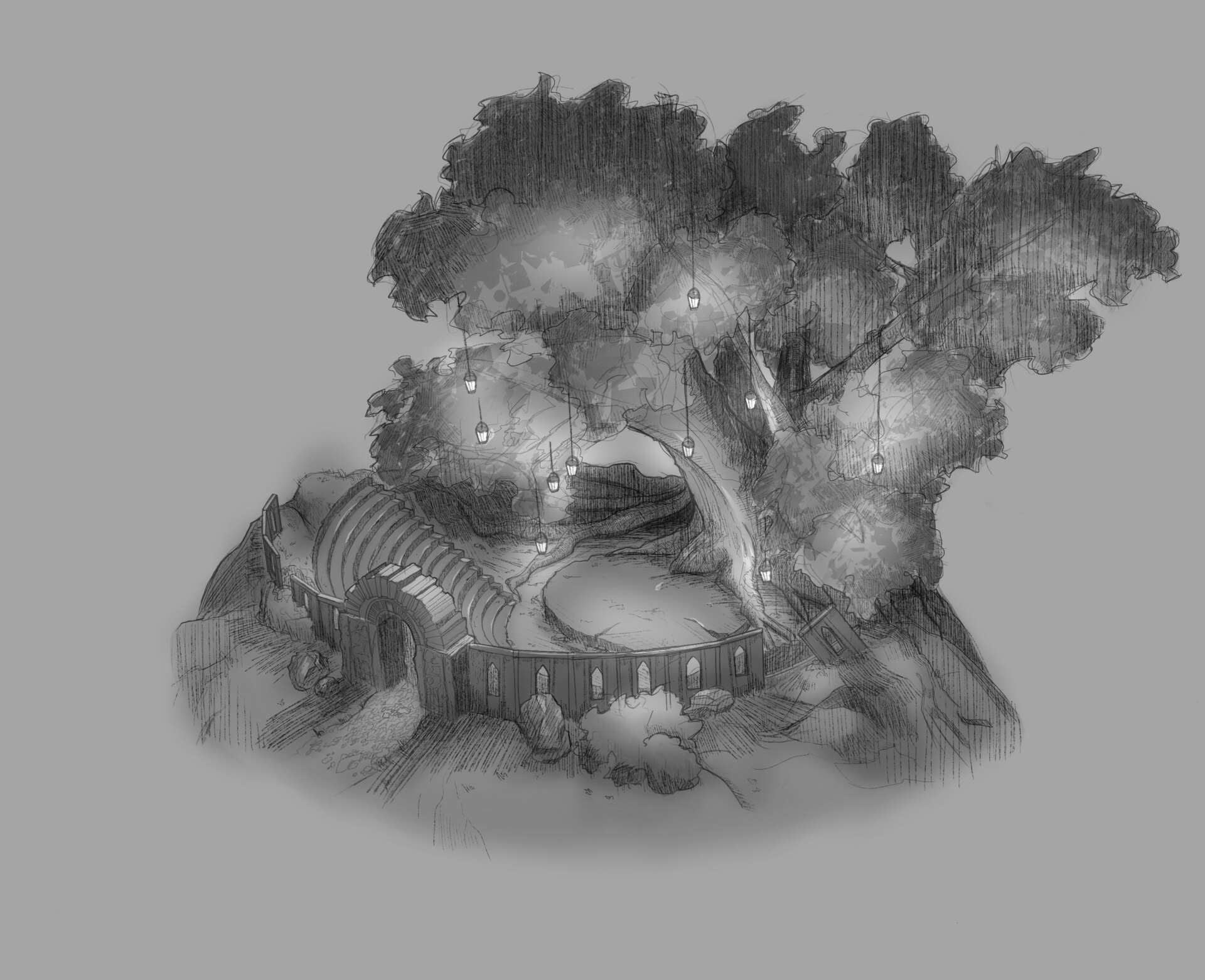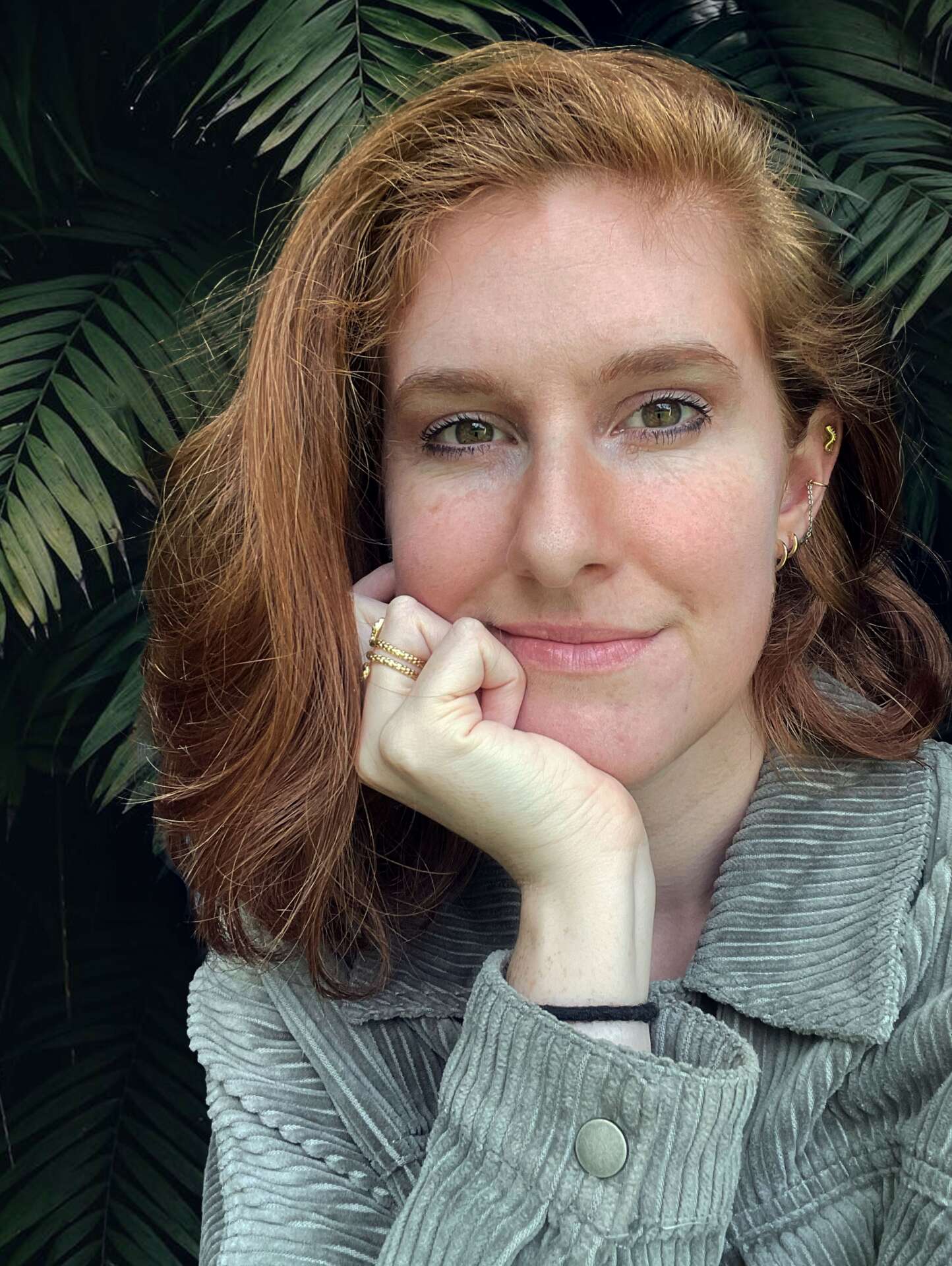We were lucky to catch up with Alyssa Taylor recently and have shared our conversation below.
Alyssa, appreciate you joining us today. How did you learn to do what you do? Knowing what you know now, what could you have done to speed up your learning process? What skills do you think were most essential? What obstacles stood in the way of learning more?
Around the start of 2020, I started to make art a priority in my life. I decided to leave my current profession (as a musician at the time), and pursue something else entirely. The pandemic halted most of my work in music; orchestras were no longer performing and any school I was working with at the time was also closed. Alternatively, this shift in the world really opened up the doors for me to study art full time, an opportunity I did not want to let slip by. I was self-taught—only started to take a class here or there this year—but I used my background as a musician and a teacher to build a curriculum for myself. I studied art in the same way I studied music for my degree in university: I had set up weekly schedules that I knew would work for me, blocked out time for warm-ups and studies, treated youtube videos the way one would treat lectures; I knew that system worked for me, so replicating it with art seemed like a clever solution since going for a new degree in art simply wasn’t an option.
After about of year of this sort of study, I was lucky enough to land my first gig as an art trainee at Netflix on My Dad the Bounty Hunter, and promoted to visual development artist later that same year. I’m still in awe of it really; being on that production has been one of the best professional experiences I could have asked for. It reminded me that I made the right move changing careers, and that maybe my somewhat-unorthodox method of study was also a good fit for me in the end.



Alyssa, before we move on to more of these sorts of questions, can you take some time to bring our readers up to speed on you and what you do?
I’m a visual development and concept artist in film, TV, and games, and I suppose I told you a bit about how I got here in my last answer: I was an orchestral musician for several years before finding art as a career. Drawing was a big part of my life as a kid, like it is for most artists, but life got busy in high school. Anyone else who did band, or choir, or theatre knows how chaotic the schedule can get, and art was something that faded away for a time.
But I’ve always been drawn to the arts, as evident in my previous career as a musician. And there’s a special passion I hold for powerful storytelling. Even as a musician, my goal was to one day play for scores and be in and out of recording studios. When I graduated from university and experienced what the lifestyle was like firsthand, I just didn’t think it was a good fit for me; it got me seeking other avenues to make a living while still being creative, and so I rediscovered art. Now I can’t imagine how I went so long without picking up a pencil and sketching.
I’m proud of how far my work has come. Between the self-study, some production experience, and a few classes taken with seriously amazing artists and teachers, I feel like I’m discovering an artistic voice and the kind of stories I want to tell—as cliche as it sounds. I adore fantasy and sci-fi; I love stories with interesting characters that explore their depth and puts them in interesting situations; I enjoy using visuals to convey themes and emotions in a greater story. If I’m able to make art and contribute to projects like this, I would consider it a great success; I’d be extremely lucky to be able to so so.



Have you ever had to pivot?
So the career change I decided to make in 2020 was perhaps the biggest pivot in my life I’ve made thus far, but there are smaller pivots that have happened along the way that I feel are important for artists to talk about.
I find myself pivoting a bit now, really. I’ve had a variety of experiences as a younger professional artist and I find myself in a spot where it feels like I’m adjusting again. My style is changing, the type of work I’m wanting to do is morphing, and this is reflected more and more in my finished pieces. This sort of shift can be scary for an artist, particularly when you’re trying to build a livelihood with it, because it feels as if I’m “in-between” certain roles and personal goals I’ve set for myself.
I’m sort of in the midst of a couple personal projects to “re-do” or revamp my portfolio, so to speak. I’m trying to get back to the schedule and work habits that worked for me before, hoping that will be another push in the right direction to making work I’m truly excited about and proud of.
In your view, what can society to do to best support artists, creatives and a thriving creative ecosystem?
I don’t think many non-creatives realize just how much artists, of any craft, will often go to extreme lengths for their work.
It’s easy for people to forget that content you see online has so much more heart behind it than one might realize. I’ve really come to dislike the word “content” for this very reason, but I also understand it’s part of the lexicon now. The word “content” lends itself to cheapening the art that has been made, and I’ve noticed those that consume such content often demand more of it with no regard of its creator(s).
There’s a lot of time, and effort, and thought that goes into any work you see by a creative, and we should respect those that create. They’re giving a part of themselves in everything they make, so give them the time and space they need to do so; artists are not meant to be factories churning out pieces left and right.
This should go without saying, but don’t steal an artist’s work to use for AI. Don’t use AI built from stolen data.
Contact Info:
- Website: https://alyssasketches.com/
- Instagram: https://instagram.com/alyssasketches_
- Twitter: https://twitter.com/alyssasketches_


